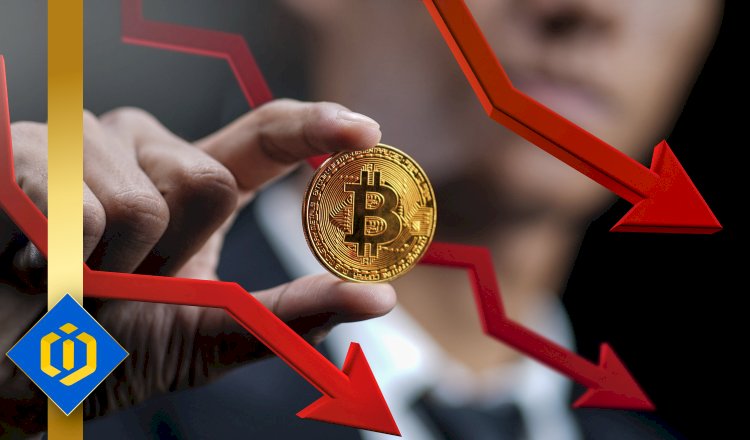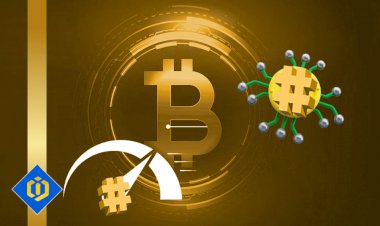Bitcoin's Decentralization: a Myth that Never Came True

The most well-known cryptocurrency in the world, Bitcoin, was designed to be a decentralized digital currency that runs without the help of any central authority. Thoughts have been raised about the Bitcoin network's actual degree of decentralization as the currency has gained in popularity. Contrary to appearances, Bitcoin is actually much more centralized.
The centralized nature of the Bitcoin network is highlighted by the concentration of hash rate and wallet ownership. Just 2% of Bitcoin wallets hold 71% of the total supply of Bitcoin, and the top five mining pools control more than 50% of the hash rate. The true decentralization of Bitcoin could be threatened by this power monopoly in the Bitcoin market and network.
Additionally, concerns about the integrity of the Bitcoin market are raised by the prevalence of bot trading, wash trading, and market concentration. A small number of major exchanges control the majority of the market's trading volume for bitcoin, with over 95% of it being generated by bots. The ecosystem of Bitcoin is now even less truly decentralized as a result of this.
But these aspects are only a small part of how centralized Bitcoin is. The truth is that a small number of people and businesses are in charge of the cryptocurrency, and they work together to raise the price of Bitcoin and profit financially. The "hidden owners" of Bitcoin, as these people and entities are referred to, use their sizeable holdings to influence the market.
Bitcoin's untraceable owners work together to manipulate the market and raise the price of the currency, resulting in a system that favors a small number of people at the expense of the majority. To do this, they employ a variety of strategies, including coordinated buying and selling, the spread of favorable information and rumors about Bitcoin, as well as generating buzz about the currency to increase demand.
The infamous "pump and dump" scheme is one example of how the Bitcoin market is manipulated. In this scheme, a group of investors buys a lot of Bitcoin to raise the price, then sells it to profit, leaving other investors with sizable losses.
Decentralization itself is undercut by Bitcoin's true nature as a centralized currency, which also casts doubt on the cryptocurrency's reliability and long-term viability. It is crucial to acknowledge and address the centralized nature of Bitcoin as the currency continues to grow in acceptance and draw more investors, and to work toward developing a more open, decentralized, and equitable cryptocurrency ecosystem.
Promoting the use of alternative cryptocurrencies that are intended to be more decentralized and impervious to market manipulation is one possible solution. Additionally, promoting the use of decentralized exchanges and encouraging increased transparency regarding Bitcoin ownership and trading activity can help to lessen the concentration of power in the hands of a select few.
It is impossible to ignore the serious concerns raised by the prevalence of market manipulation, the concentration of power, and the lack of transparency in the Bitcoin market. For the cryptocurrency ecosystem to become more decentralized and fair, it is imperative that regulators, developers, and investors collaborate.
In conclusion, there is ongoing discussion about whether the Bitcoin market and network are truly decentralized. Although the network's control is largely held by a small number of entities, Bitcoin was created to be a decentralized currency. The anonymous Bitcoin owners operate like a massive casino, manipulating the market to increase the value of Bitcoin and make enormous profits for themselves. The very concept of decentralization is undermined by the concentration of power in the hands of a small number of people and institutions, which also casts doubt on the legitimacy and long-term viability of the cryptocurrency.
Author: Pooyan Ghamari, Economist and Blockchain Specialist

 content-team
content-team 
















